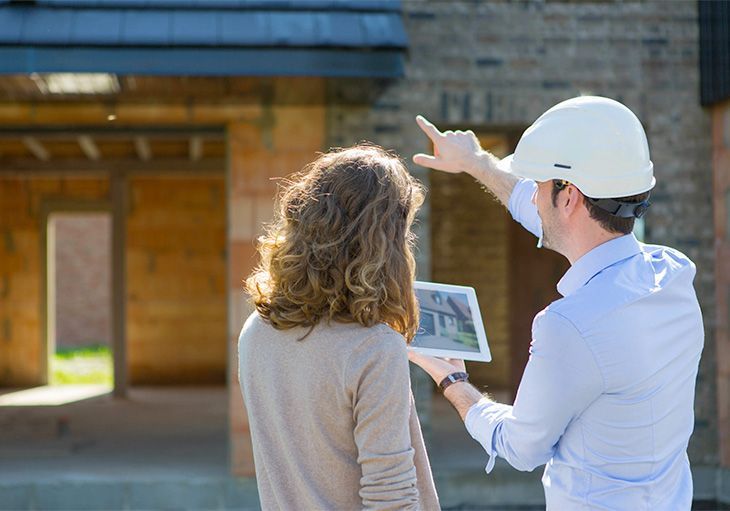
(239) 319-8687
(239) 405-5854
familytradition.nate@gmail.com
Home Inspections
Coming Soon
Home Inspection
Our Licensed And Certified Home Inspectors will spend 2 to 3-hours thoroughly evaluating all aspects of the property you are purchasing, from the roof to the foundation and all areas in between. We provide the most advanced home inspection on the market.
We want you to go through the house and grounds with us so that we may inform you of any deficiencies or concerns, discuss “how things work, ” and share with you what needs to be maintained and why. You’ll get a real education about your new home. Don’t worry, we are a ‘jargon-free’ company and we will explain everything in terms you can understand.

WHY DO YOU NEED A HOME INSPECTION?
- It identifies structural issues and defects: You identify material defects in the property’s roof, or walls, and basement. You can also uncover pest infestations or problems in mechanical and electrical systems.
- You avoid making a bad investment: Identifying such defects early on can save you from buying a damaged property.
- It helps you reduce the asking price: In multiple cases where issues were found after a home inspection, buyers were able to negotiate down the sale price.
- The inspection report can get you a good deal: Homebuyers saved $14,000 on their purchase by leveraging the home inspection report!
General Home Inspection
A general house inspection will find any defects that can be identified visually. It primarily covers:
- Foundation Inspection: An inspection of the home’s foundation for cracks, mildew, damaged floorboards, and more.
- Garage Inspection: Involves examination of garage walls and foundation, doors, fire safety, etc.
- Wall Inspection: Identifies cracks, mold, and damage caused by water, air, or heat.
- Roof Inspection: It is an examination of the home’s roof for mold, water leakage, structural issues, wear and tear by natural elements, or more.
- Grading Inspection: This inspection concerns the slope of the ground surrounding the house. It is performed to ensure that the rainwater or floodwater flows away from the house or towards a drain.
- Electrical Inspection: It identifies faulty electrical wiring, overloaded circuits, or lack of earthing.
- HVAC Inspection: A testing of HVAC appliances to check their electrical components, failures, airflow, maintenance, etc.
- Plumbing Inspection: It is an inspection of the home’s sinks and toilets, and its water pipelines for leakages, water or chemical corrosion, damaged fitting, etc.
- Kitchen Inspection: It includes an inspection of cooking equipment, electrical kitchen appliances, a general hygiene and safety check, and more.
